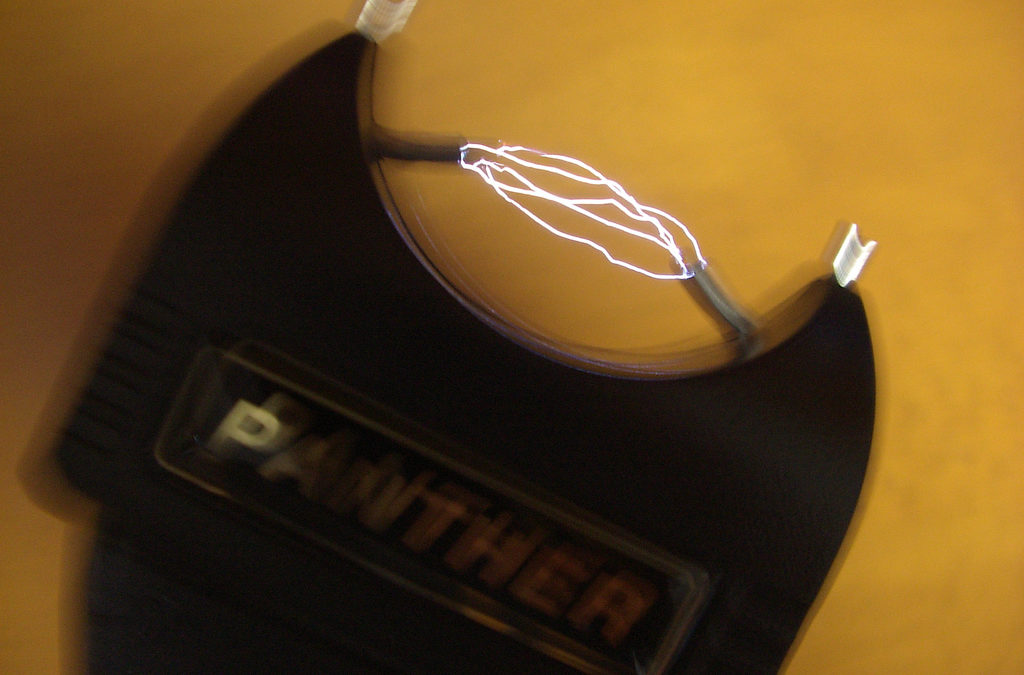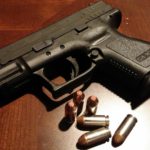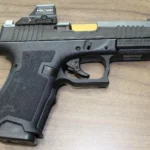The U.S. Supreme Court has issued an opinion applying the Second Amendment right to keep and bear arms to stun guns. The case is Caetano v. Massachusetts. It involved a woman who was carrying a stun gun as protection against a former boyfriend. On one occasion, she had to display and threaten to use the stun gun to force him to leave her alone. Police discovered she had the stun gun, which was prohibited by Massachusetts law. Ms. Caetano was convicted of the heinous crime and the conviction was upheld by that state’s courts, which said stun guns were not the type of weapon protected by the Second Amendment.
In an unsigned decision, without any dissent, the Supreme Court sent the case back to the Supreme Judicial Court of Massachusetts to reconsider its decision. The Supreme Court rejected the reasoning of the Massachusetts’ court on its explanations upholding the conviction.
First, the Supreme Court said the fact that stun guns were not in common use at the time of the Second Amendment’s enactment was inconsistent with the earlier decision in District of Columbia v. Heller, 554 U.S. 570 (2008). In Heller, the Court clearly stated that the Second Amendment extends to arms that were not in existence at the time of the founding.
Second, and for the same reason, the Supreme Court rejected the Massachusetts court finding that stun guns are “unusual” or a “thoroughly modern invention.”
Finally, the Massachusetts court found no evidence in the record of the case that stun guns are readily adaptable to use in the military. Again, the Supreme Court said that Heller rejected the proposition that only weapons useful in warfare are protected.
What does it mean? For one thing, this decision should put to rest the argument that the Second Amendment applies only to muskets and the like. Just as the First Amendment’s freedom of speech extends beyond the printing press, the arms protected by the Second Amendment are not frozen in in the 18th Century.
Further, the decision shows that the Second Amendment’s protection of “arms” is not limited to firearms. Knives, Tasers, swords, even plasma rifles in the 40 watt range, may have constitutional protection.
How far the Court will go remains to be seen. Certainly an exciting time for this area of the law.
If you would like to speak to James Wagner on this or any other matter, he may be reached at (865) 546-9321.
RELATED POSTS:

James E. Wagner concentrates his practice in areas such as personal injury litigation, workers’ compensation, toxic tort litigation, products liability, firearms law, probate, estate planning and insurance. His varied legal experience helps him analyze and resolve issues in all areas of practice for his clients. He has been privileged to represent many of the same clients over my entire career and handles each case with a view toward a long-term relationship. James provides his clients with reliable, dependable service.





